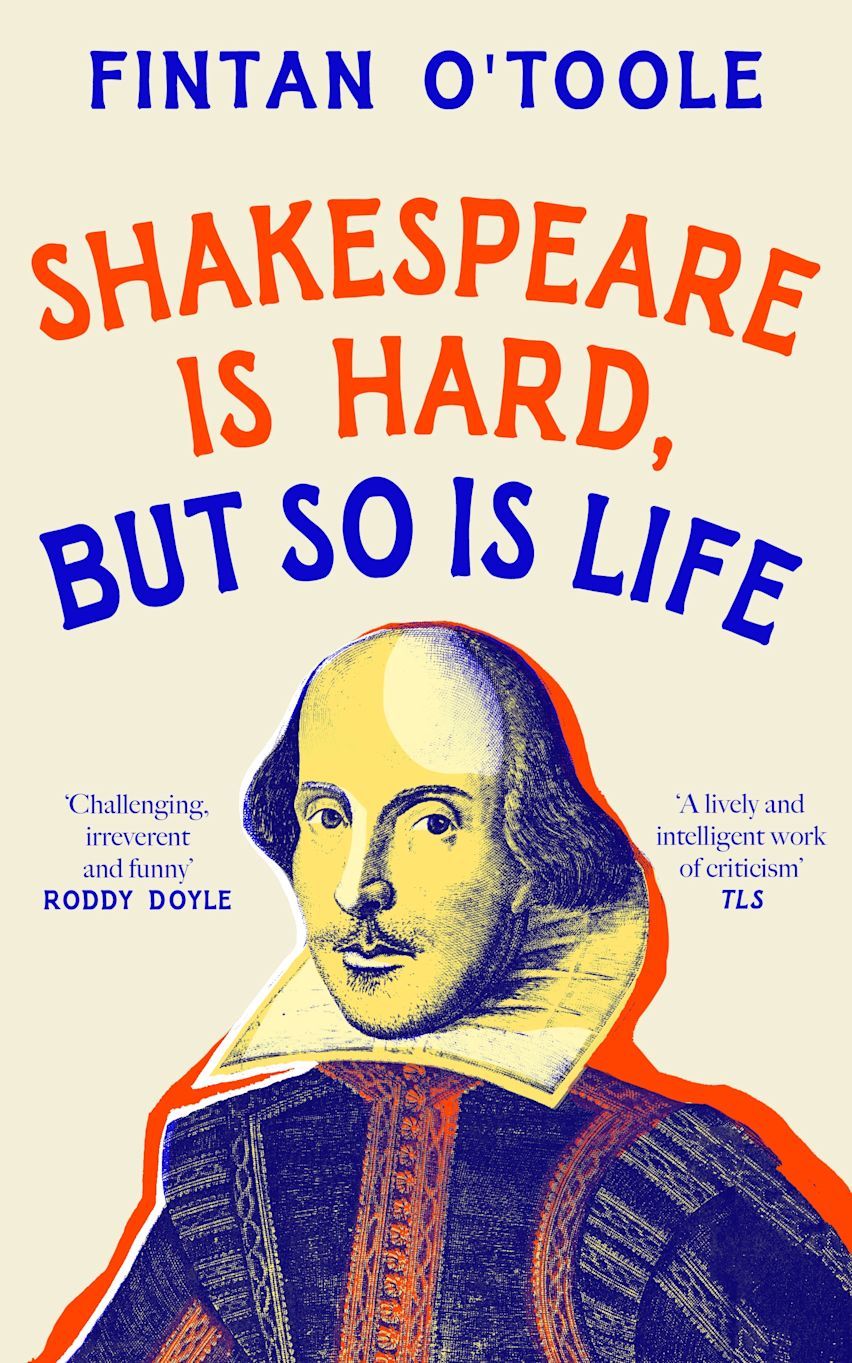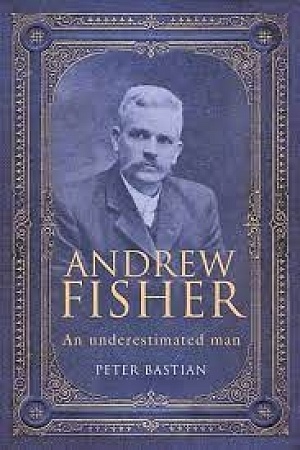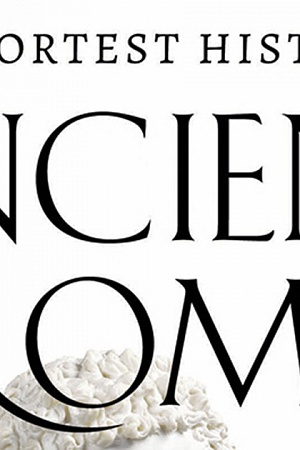Shakespeare Is Hard, But So Is Life
Apollo, $26.99 hb, 196 pp
‘Shake the Superflux’
In the dying days of the ignominious Conservative government that he led from 2019 to 2022, the former UK Prime Minister Boris Johnson compared his fall to that of Shakespeare’s Othello. ‘It is the essence of all tragic literature,’ he claimed, ‘that the hero should be conspicuous, that he should swagger around and that some flaw should lead to a catastrophic reversal and collapse.’ Fintan O’Toole seizes on this self-serving, deluded commentary as an instance of a widespread misconception of Shakespeare’s tragic art and one that can be traced, in part, to the playing fields of Eton.
In a refreshingly brisk style, O’Toole sweeps away the clichéd definitions of tragedy that he feels have obscured the complexity of Shakespeare’s tragic art since the nineteenth century: ‘all that stuff about Tragic Heroes, Tragic Flaws, Fear and Pity, Character, and so on’. He argues that if Shakespeare’s tragedies are supposed to show us the playing out of ‘the inborn flaws of their protagonists’, then they are not actually very good. Lear might be old and foolish, but presumably (having ruled successfully for so long) he wasn’t always like that.
Continue reading for only $10 per month. Subscribe and gain full access to Australian Book Review. Already a subscriber? Sign in. If you need assistance, feel free to contact us.















Leave a comment
If you are an ABR subscriber, you will need to sign in to post a comment.
If you have forgotten your sign in details, or if you receive an error message when trying to submit your comment, please email your comment (and the name of the article to which it relates) to ABR Comments. We will review your comment and, subject to approval, we will post it under your name.
Please note that all comments must be approved by ABR and comply with our Terms & Conditions.